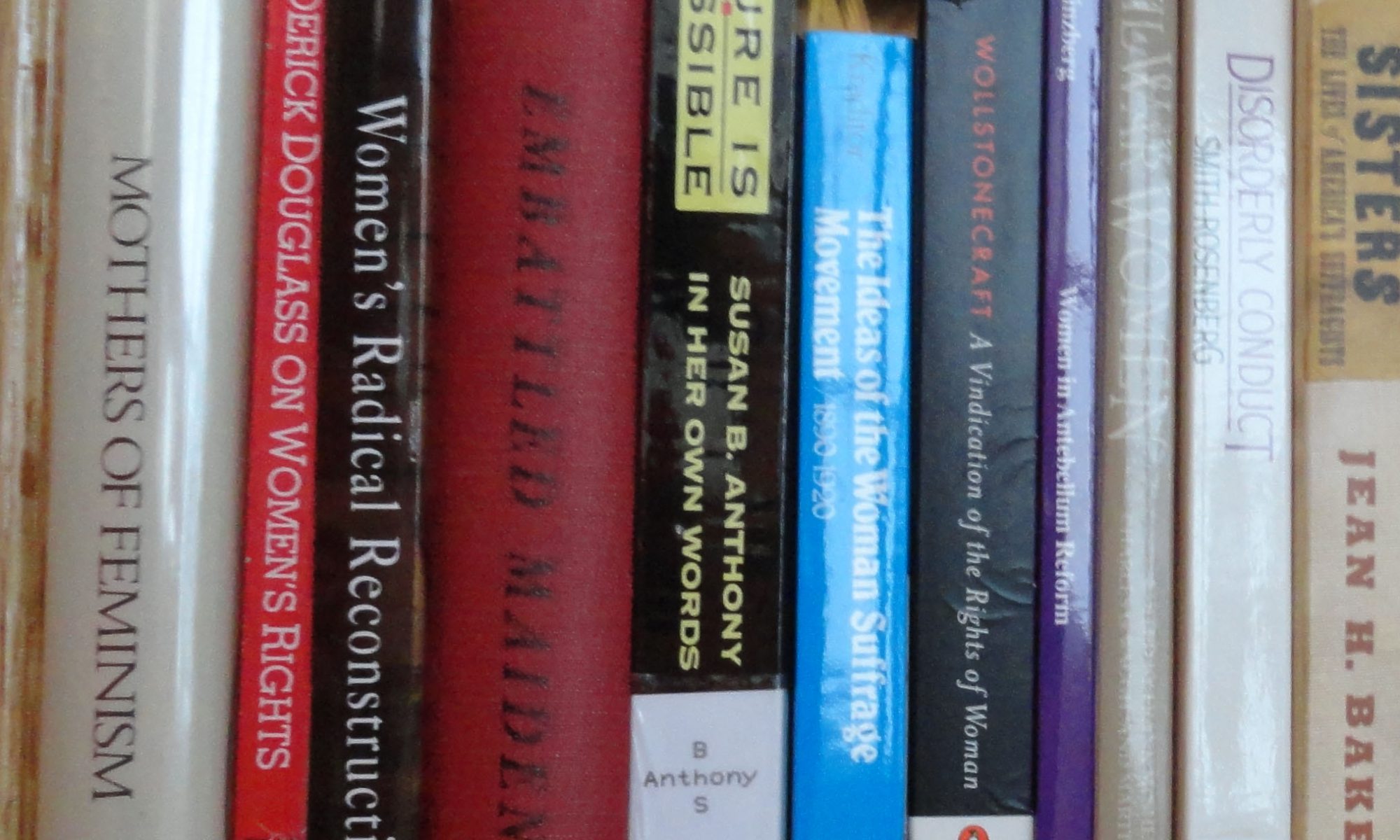What would you do if you were named one of Time’s 100 most influential people?
For Ann Patchett the choice is to keep writing and run a bookstore – Parnassos Books in Nashville, Tennessee. “I’m never lonely around books,” she has said about bookstores. “It’s the world of endless possibility and opportunity to be in that building full of books.” Ann Patchett in an interview with Terri Gross Jan 23, 2014
Born in 1963, Patchett is a multiple award winning author, having won the PEN/Faulkner, the Orange Prize, the National Book Critics Circle award for Bel Canto and a Guggenheim Fellowship. She spent nine years at Seventeen Magazine getting one in five articles published. By the time she left, she says she was immune to editorial criticism.
Today’s excerpt comes from Bel Canto (2001), the story of a hostage taking somewhere in South America.
He started with Chopin’s Nocturne opus 9 in E flat minor no 2. It was a piece he had most often heard in his head since coming to this country, the one he played silently against the edge of the dining-room table when no one was watching. At home he looked at his sheet music and turned the pages. Now he was certain he had known the music all along. He could see the notes in front of him and he followed them with unerring fidelity. In his heart he had never felt closer to Chopin, whom he loved like a father. How strange his fingers felt after two weeks without playing, as if the skin he wore was entirely new. He could hear the softest click of his fingernails, two weeks too long, as he touched the keys. The felt-covered hammers tapped the keys gently at first, and the music, even for those who had never heard the piece before, was like a memory. From all over the house, terrorist and hostage alike turned and listened and felt a great easing in their chests. There was a delicacy about Tetsuya Kato’s hands, as if they were simply resting in one place on the keyboard and then in another. Then suddenly his right hand spun out notes like water, the sound so light and high that there was a temptation to look beneath the lid for bells.
So what do you would-be authors think? Too many “hads” and “wases” and “felts” and “coulds,” or is it perfect?


Didn’t notice too much of anything! It all expressed strongly the love, desire, and pleasure at returning to a deep seated passion. Passion is deep seated or it isn’t passion. I don’t think the rules of conformity should be chains to bind. Look at art…techniques, styles, skill….well, what garners the most pleasure? It is when a “trained” artist has captured the freedom of expression that we all once had as a child before the rules, technique, style, skill was known and developed. No, I think this again is a moment where the meaning, feeling, passion comes through and the child within responds and understands and accepts!
Exactly. I love your expression “the child responds and understands and accepts” Beautifully put. Beginning writers are told so many dos and don’ts. But in the end it is the images and the emotions on the page that matter not the individual words.
I love it when I get it right!!! Must be old age and sitting in a quiet house in Orkney, Scotland with my dog on top of a windswept hill overlooking the mystical island of Hoy….and hoping that I will get it right when I start a large commission…one that needs to feel spontaneous yet I am here by contrivance. Oh well…..filling in the day with sitting in the sun might get it started….
Inspiration can’t be forced. Enjoy the day and find one small wonder to focus on. Start there.
I don’t know if there are too many wases or whatever you’re getting at. It is certainly not something I noticed. This is one of my favorite novels and she one of my favorite authors. I don’t know if I’d say the passage is perfect, but I’m not inclined to analyze it, either. (However, that may be the point of your post, so thank you for highlighting her!)
That is exactly my point. The passage is perfect as written because the emotion flies off the page.